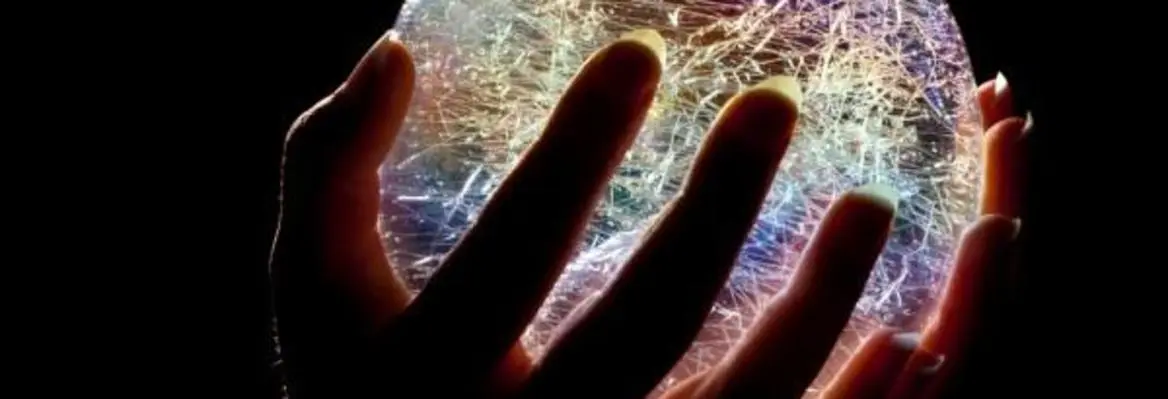“Intuition comes very close to clairvoyance; it appears to be the extrasensory perception of reality.” -- Alexis Carrel
Intuition, or what is also known as instinct or gut feeling, can indeed phenomenally appear like it’s a kind of extrasensory perception of reality. Your boss is collecting donations for a Christmas present for the intern. As you are about to hand over your $50, you suddenly instinctively know that he is going to fail to convey that the joint gift is from everyone in the office. You are not sure how you came to that conclusion. You simply had a gut feeling, and you were right.
Although our gut feelings sometimes turn out to be right, it is not immediately clear whether they do in fact track reality. Lucky guesses also turn out to be right but there is no interesting causal connection between a guess and the external world.
Our gut feelings, however, are different from guesswork. They are the product of reliable heuristics and smart strategies the brain is already using to make quick decisions and estimates about what reality is like when time is of the essence. The brain has evolved to conserve its energy and speed up its computations through these kinds of shortcuts. Think about an outfielder during a game of baseball. It has long been a mystery how they can actually catch the ball. This certainly isn’t possible on the basis of conscious decision making, it’s too slow. It turns out that the brain doesn’t even bother calculating any real facts about the speed or trajectory of the ball. Instead, it uses an algorithm that adjusts the outfielder’s running speed so that the ball appears to continually move in a straight line in his field of vision. In other words, through practice, the outfielder’s brain has developed its own algorithm to make it possible for him to catch the ball. It’s a shortcut.
The brain is wired for shortcuts; these shortcuts help the unconscious brain make fast calculations when needed. Another common shortcut is to rely on perceptual expectations. For example, the brain makes predictions about the whereabouts of moving objects to enable us to see them. While the brain can unconsciously calculate the speed and position of very fast objects, it cannot do this in real time. When human eyes see an object like a speeding car, it takes one-tenth of a second for the brain to process that information. So, information that the brain receives from the eyes is already outdated by the time it reaches the visual cortex. To compensate for this, the brain makes estimations about where the object is going to be in the near future. The brain thus tracks moving objects as being farther along in their trajectory than what a person actually sees with their eyes. In this way, the brain can bypass the delay in processing time.















Join the conversation